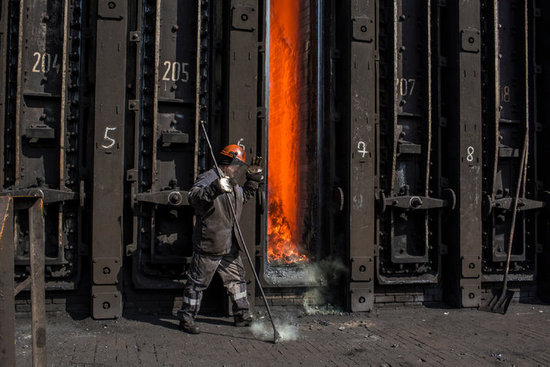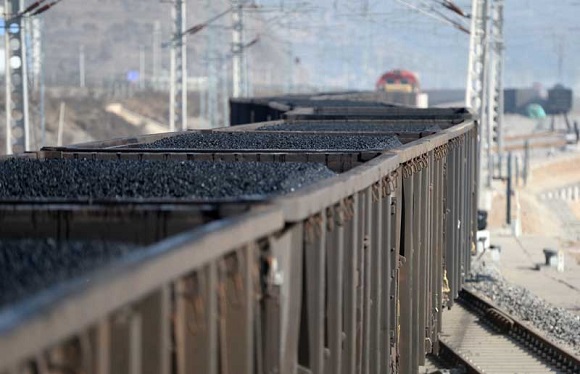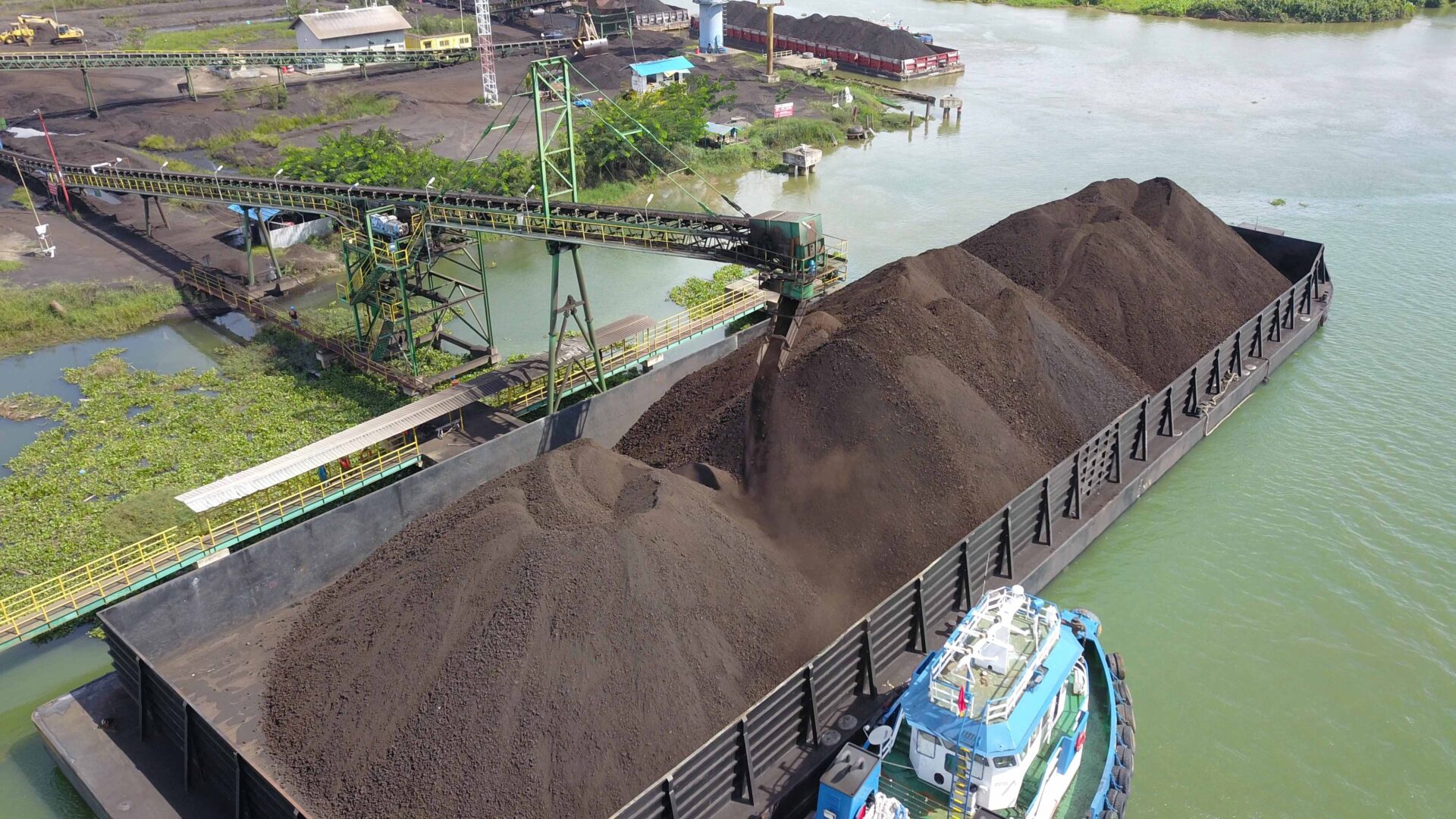
In a working conference earlier this month, the leader of China’s National Coal Mine Safety Administration Huang Yuzhi called for coal companies to cancel “night shifts” to ensure miners’ safety and health.
Currently, Chinese coal mines generally operate round the clock on three shifts. The plan, if carried out, will be good for coal miners to work in a normal and regular pattern.
While Huang didn’t specify when and how the plan will work out, it’s a necessary change for the industry to move into a right direction.
Coal has been an essential energy source and chemical raw material in China for a long time, which makes a great contribution to the economy development and social stability. Behind the development, cannot be separated from coal miners’ hard work.
Coal miner is considered as one of most dangerous occupations. Working in deep underground, they are facing with dampness, muggy temperature, dust, noise and harmful gas day after day.
The 24-hour working system makes miners work with great labor intensity. Reports of coal miners suffering from pneumoconiosis and other physical and mental illnesses are nothing new now. And fatigue working underground is prone to mine accidents.
However, there’s a long way to go before the switch of the current working system. Apart from large state-owned coal groups that have enough funds to optimize mining facilities and technologies, many small-sized mines are still mainly on manual labor, which is also one of the reasons that China spares no efforts to shut down outdated coal mines and integrate or launch new ones.
Once the plan is implemented, it could shock the coal market. This is reminiscent of the “276-working-day” mandate in 2016. The policy was soon abolished and instead the “330-working day” resumed, as the authorities found coal production slumped quickly and the supply crunch triggered price surges in the winter heating season.
However, other measures to improve miners’ situation have been on schedule. The administration required the practice that mine owners hire miners directly from labor agencies rather than hire and train miners by themselves should be phased out in three years.
To reduce labor costs, some miners would like to use workers dispatched by labor services companies, but these workers are usually not with essential mining skills and safety awareness. Meanwhile, dispatched workers are not eligible for many of the welfare benefits of regular mine employees.
Source: SXcoal.com



